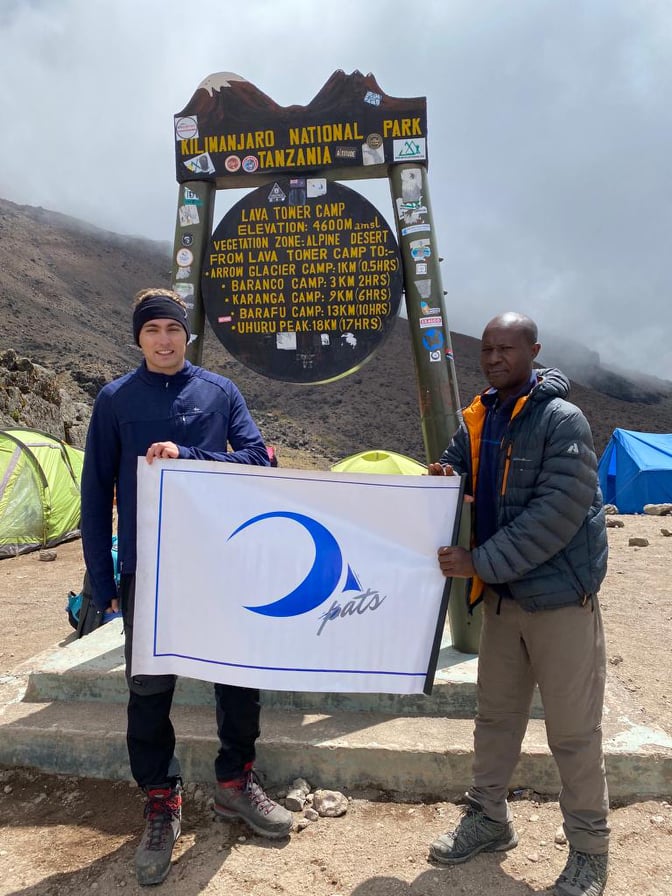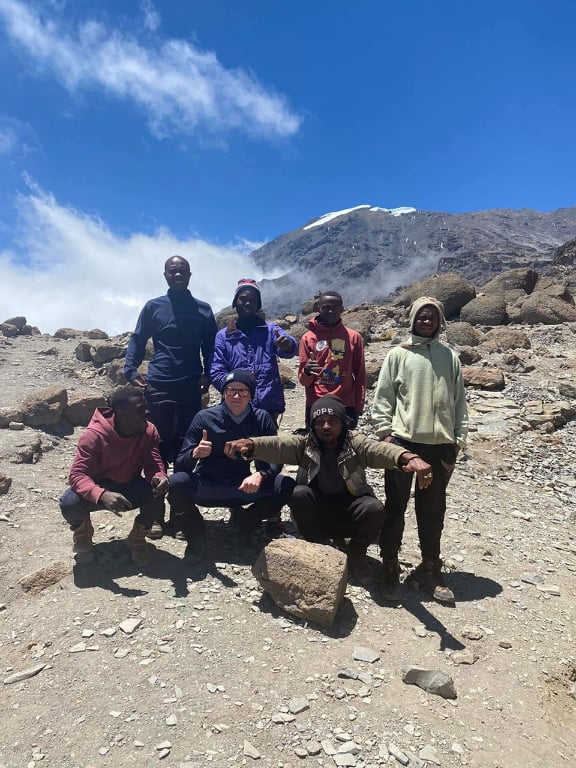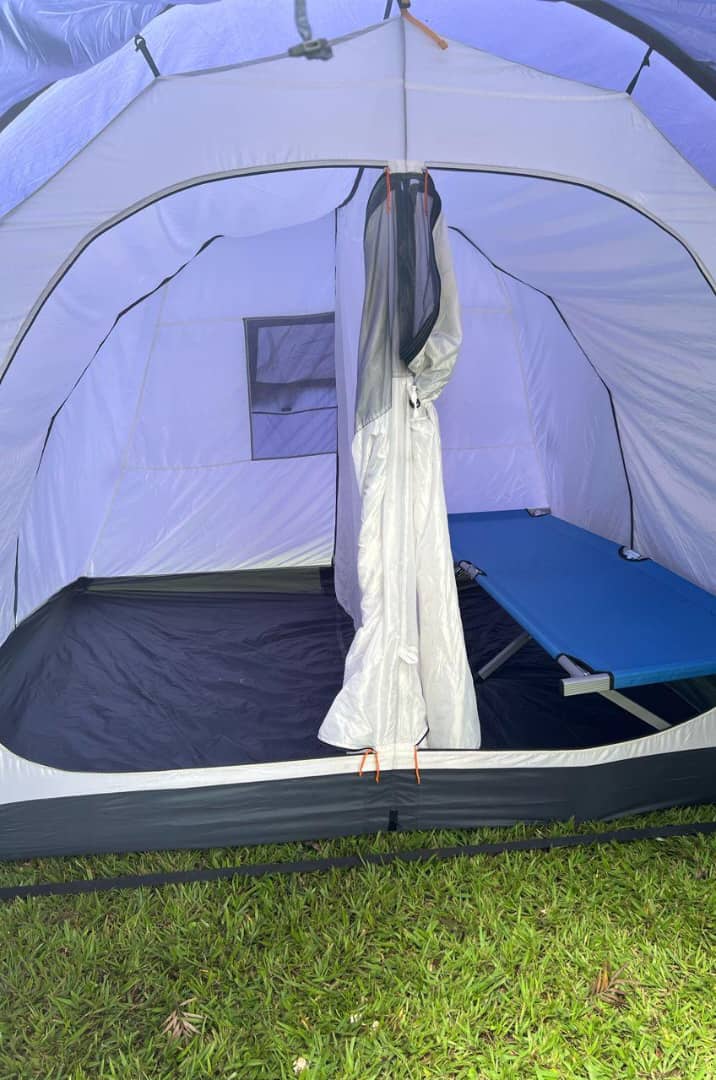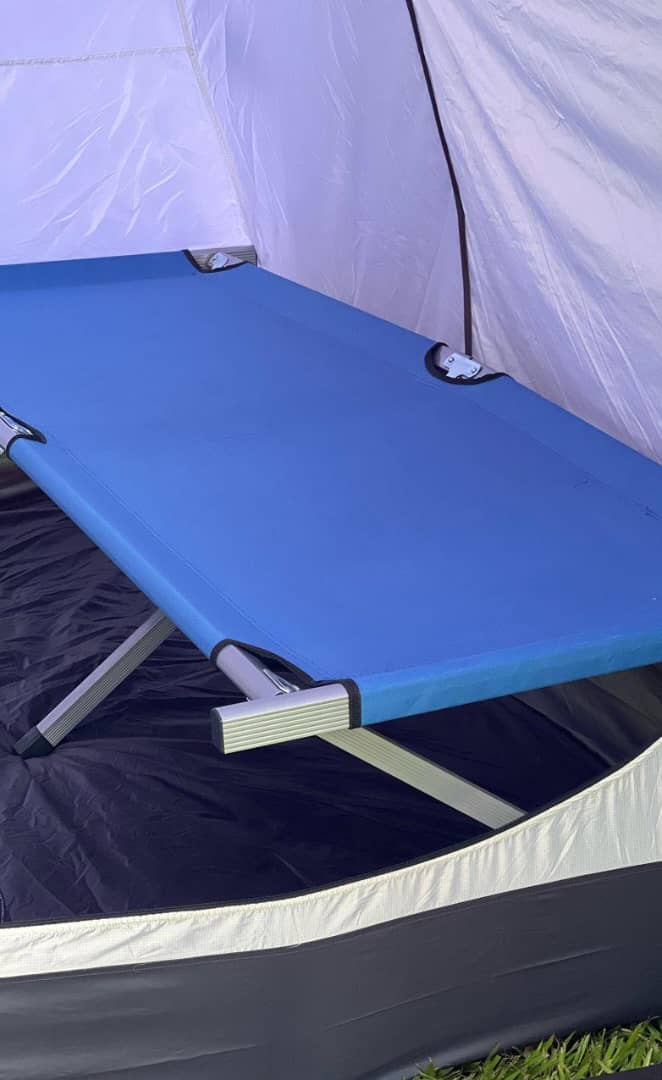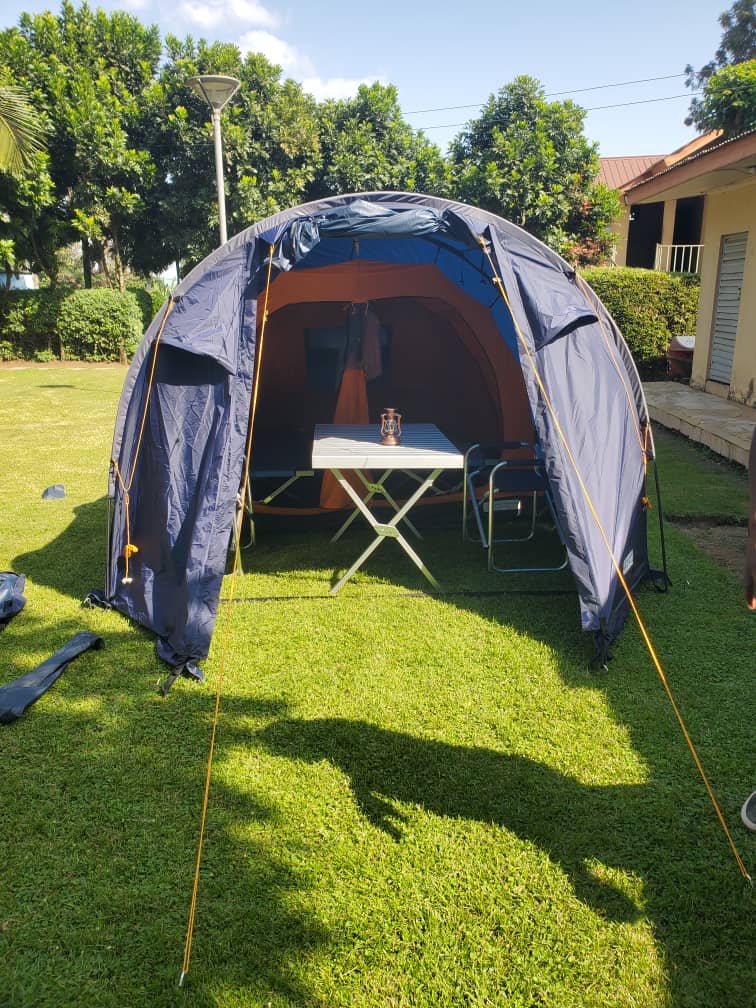Compare 7-day Machame route itineraries & realize an 92% summit guarantee on this 7-day Kilimanjaro Hiking program.
Request Trekking Dates
Hiking Difficulty:
Medium
Trekking Distance:
62km/37mi
Itinerary Duration:
7 Days
Summit Success Rate:
92%
Kilimanjaro’s Machame Route 7-Day Itinerary, otherwise known as the Whiskey Route, is relatively straightforward and can be reflected in the route’s popularity. Though there’s very little criticism regarding this route, there’s one simple drawback: the trail welcomes a high number of trekkers during peak season. This may occasionally interfere with your hike however, there’s a simple workaround. To avoid heaps of crowds you’ll have to leave camp early in order to beat everyone to the trails.
If this is your first-time hiking at high elevations (above 3,000m/9,900ft), you should know that the most effective way to reach the summit of Mount Kilimanjaro is to properly acclimatize during your hike. Long and gradual Kilimanjaro routes like the 7-day Machame route are perfect for acclimatization systems to be utilized. See, on Kilimanjaro, there are 2 systems that prevent altitude sickness:
- The first method, Pole Pole (Slow-Slow in English), requires you to be on the mountain long enough for your body to acclimate to various altitudes.
- The second method, Trek-High & Sleep-Low, calls for trails to have gradual inclines in order for you to trek to high elevations and sleep at lower altitudes. This method conditions your body to anticipate elevation changes while helping you adjust during your sleep.
Unless you find yourself between the ages of 12 and 29, you should seriously consider trekking Lemosho route’s 8-day variation. This will give you ample time to adjust to elevation changes and will make for a much better hiking experience. The 8-day Lemosho program, unlike the 7-day Machame hike, performs extremely well with hikers that are under 40 years of age.
Highlights From This Long Distance Trail
Best Time To Hike The Whiskey Route
Dietary Food Menus Served On Mount Kilimanjaro
All of your meals on Kilimanjaro are freshly cooked by excellent chefs and served according to your dietary preference.
Minimum Staffing Ratio
Hikers
Guides
Cooks
Porters
Safety Trekking Materials & Hiking Equipment
High-Altitude Kits
Medication & Sanitary Treatments
Wraps, Splints & Wound Coverings
Tools & Supplies
Evacuation Protocols On This Walking Tour
Transportation & Meeting Points Before The Trek
Departure Time For The Machame Trail
10:00 AM
Kilimanjaro National Park Fees
| Kilimanjaro National Park fees | |
| Conservation Fees | $70/Per Day |
| Camping Fees | $50/Per Night |
| Rescue Fees | $20/Per Hiker |
| Guide and Porter Entrance Fees | $2/Per Supporting Crew |
| Tourism Value Added Tax (VAT) | 18% |
| Retail Value Added Tax (VAT) | 18% |
| Total | $1,151.51 |
Package Tour Options
XPATS Custom Design
Group: $3,375
Private: $4,981
Effortless Luxury Adventure
Group: $30,239
Private: $34,605
XPATS Platinum Escape
$2,394,605
Bonuses
Success Mapping
Get altitude coaching, training and gear recommendations, so you’re confident and well-prepared for your Kilimanjaro trek.
Custom Trip Design
Get flight, visa, insurance, and logistical guidelines, so you can effortlessly enjoy your Kilimanjaro trek.
Full Guarantees
Risk-Free Booking
Enjoy no hidden fees, lifetime deposits, and unlimited date changes, with no penalties.
Fixed Departures
Kilimanjaro treks will run on scheduled dates, regardless of group size.
Package Tours Exclude
How To Book A Package Tour
Payment Process For Package Tours
Paying For Group Treks
Paying For Private Treks
Planning To Climb Kilimanjaro?
Get a call-back from one of our travel experts.
7-Day Hiking Schedule
Lodging
Trekking Map Of The Machame Route On Kilimanjaro
Chat With Past Kilimanjaro Clients & Get First-Hand Tips & Experiences
Get first-hand experiences from hikers that recently trekked this Machame program with XPATS International.
⭐⭐⭐⭐⭐
Chat with Hikers
More Fun Excursions In Tanzania
Access & Compare More Mount Kilimanjaro Climbing Routes
Compare 8 different hiking programs for your Kilimanjaro trek.
Experience Fun Serengeti Trips With These Multi-Day Tanzanian Safari Tours
Compare 10 different Serengeti safari packages that are a great add-on to your Kilimanjaro trek.
Get Up To 7 Days Of Relaxation With These Zanzibar Island Programs
Experience tropical fun and rest with these all-inclusive Zanzibar tours & vacation packages
Related topics to understand:
Got questions about hiking this Machame program?
Get free tips from John to help point you in the right direction.


